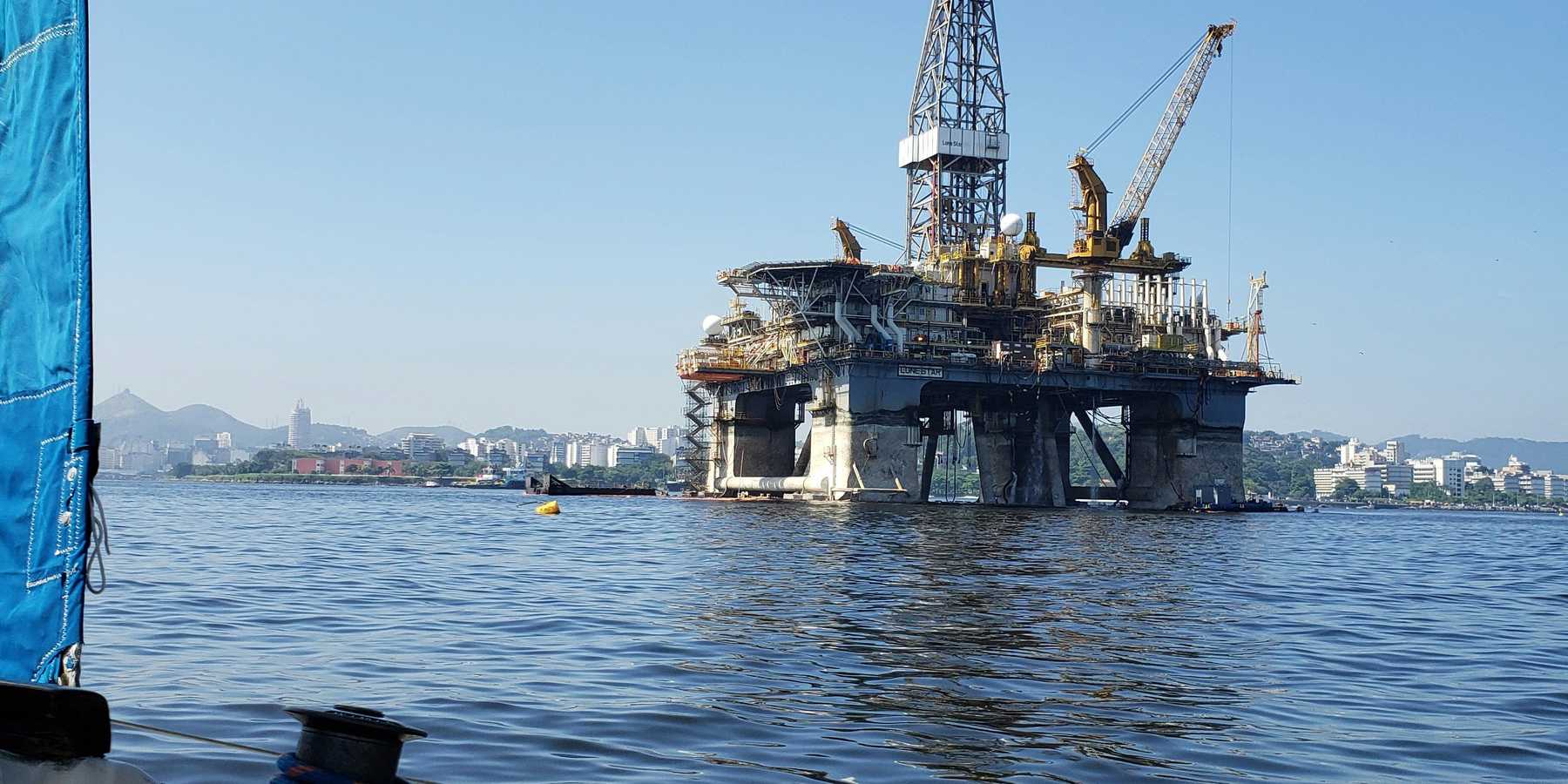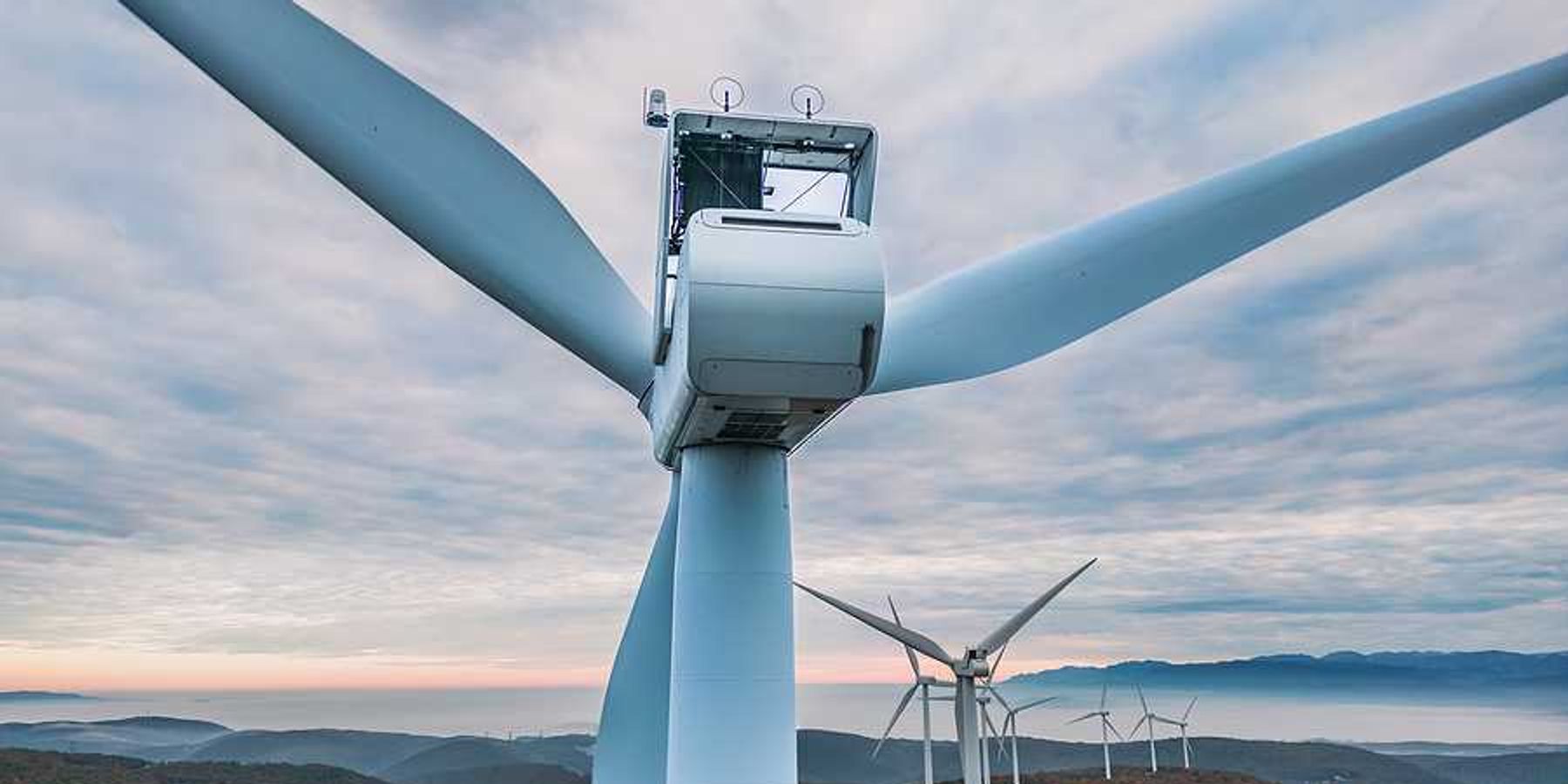Massachusetts battery startup takes major step toward making gas cars obsolete
A small startup in Massachusetts has built and road-tested a solid-state battery that could one day make electric vehicles cheaper, safer, and longer-lasting than gas-powered cars.
Jack Ewing reports for The New York Times.
In short:
- Factorial Energy, co-founded by Siyu Huang and Alex Yu, developed a solid-state battery that was recently tested on the road in a Mercedes EQS sedan after more than a decade of research and setbacks.
- Unlike conventional lithium-ion batteries, Factorial’s solid-state version eliminates flammable liquid electrolytes, offering the potential for faster charging, greater range, and improved safety — but also comes with significant manufacturing challenges.
- With backing from Mercedes, Hyundai, Stellantis, and LG Chem, the company improved its factory yield from 10% to 85% and plans to begin fleet testing in preparation for potential commercial release by 2028.
Why this matters:
Solid-state batteries represent one of the most promising technologies for reshaping transportation. Today’s electric vehicle batteries rely on flammable liquid components, charge slowly, and weigh a lot. Solid-state batteries could solve all three problems — charging in minutes, traveling longer distances, and dramatically reducing fire risk. They also open the door to lighter vehicles and cleaner air. Yet building them at scale has proven nearly impossible. These cells are sensitive, hard to manufacture consistently, and easily ruined by minor defects. That’s why Factorial’s progress matters: they’ve not only built a battery that works but also manufactured enough of them to put into a moving car. If they or competitors can push the technology into mass production, the ripple effects could be vast.
Related: EV battery life may exceed earlier estimates by 40%













